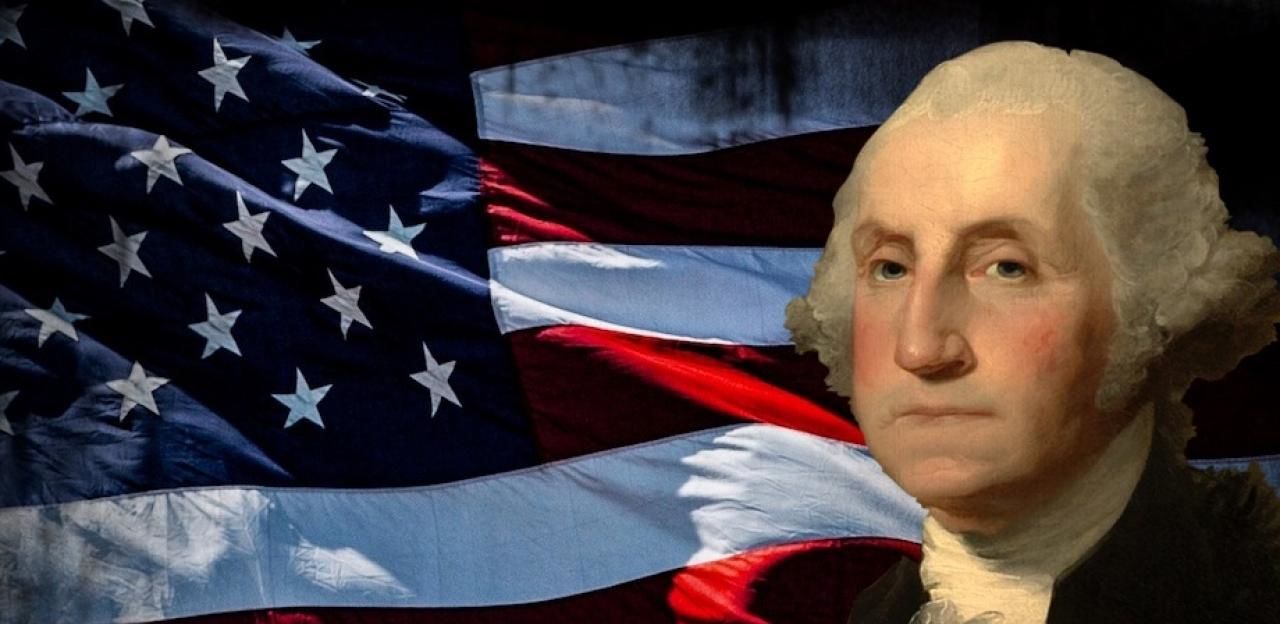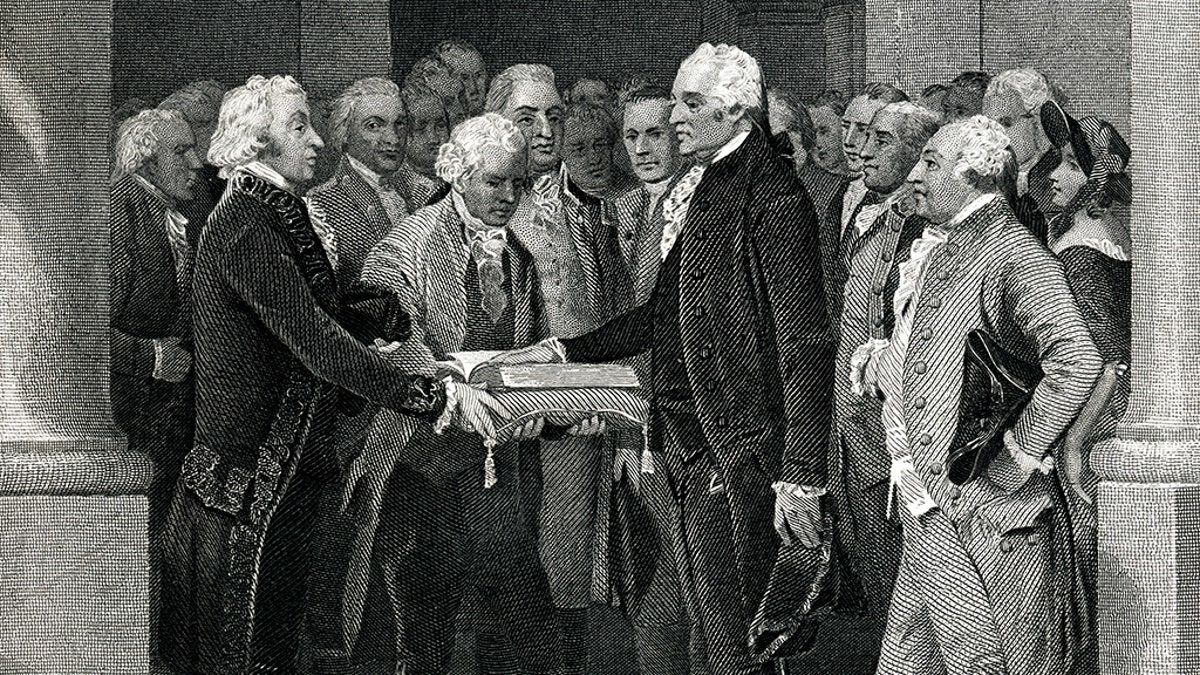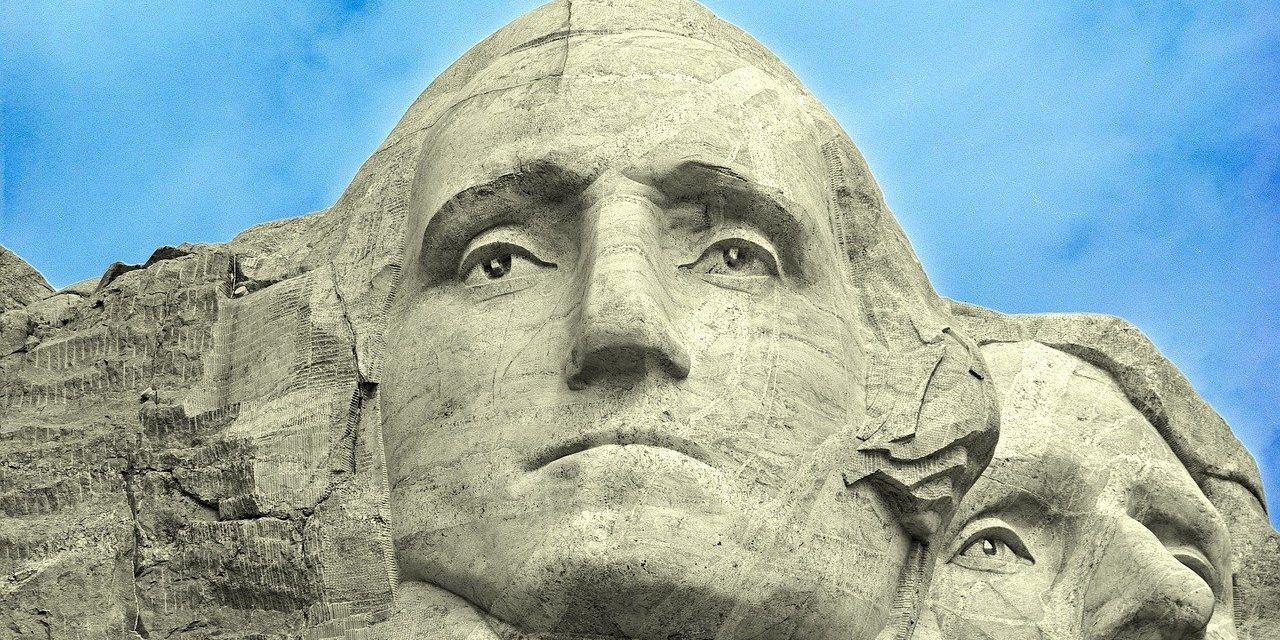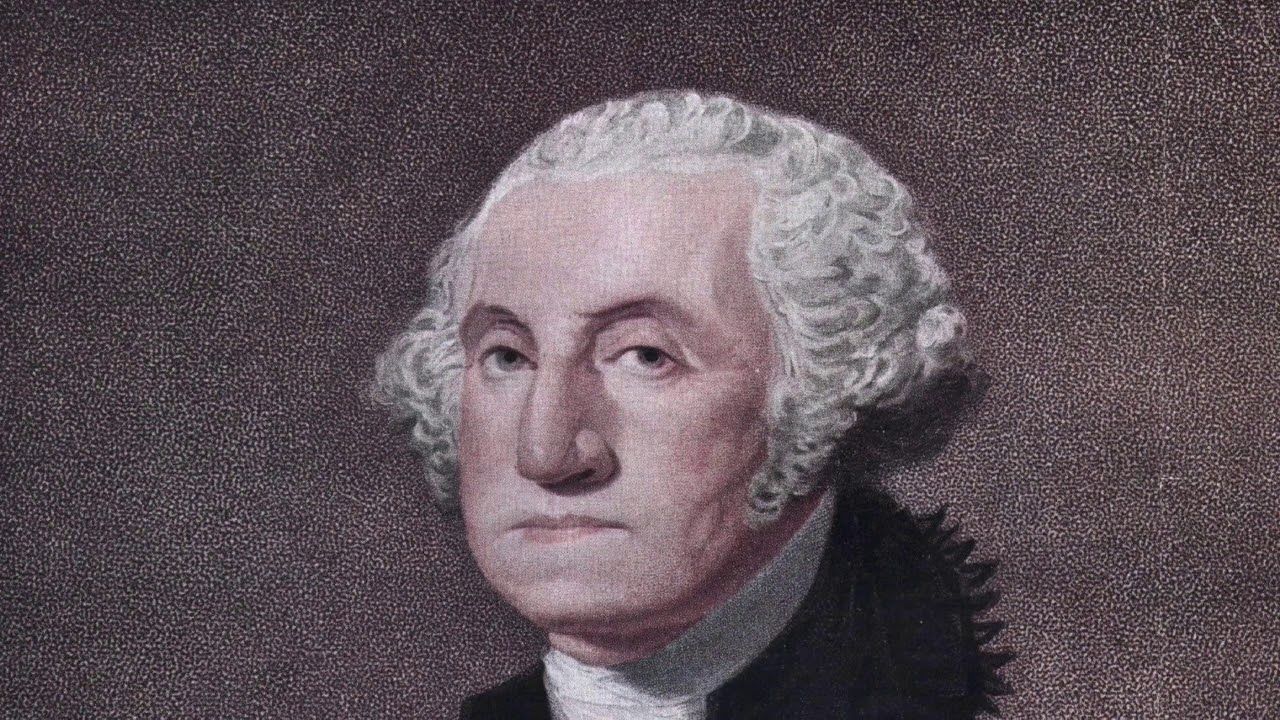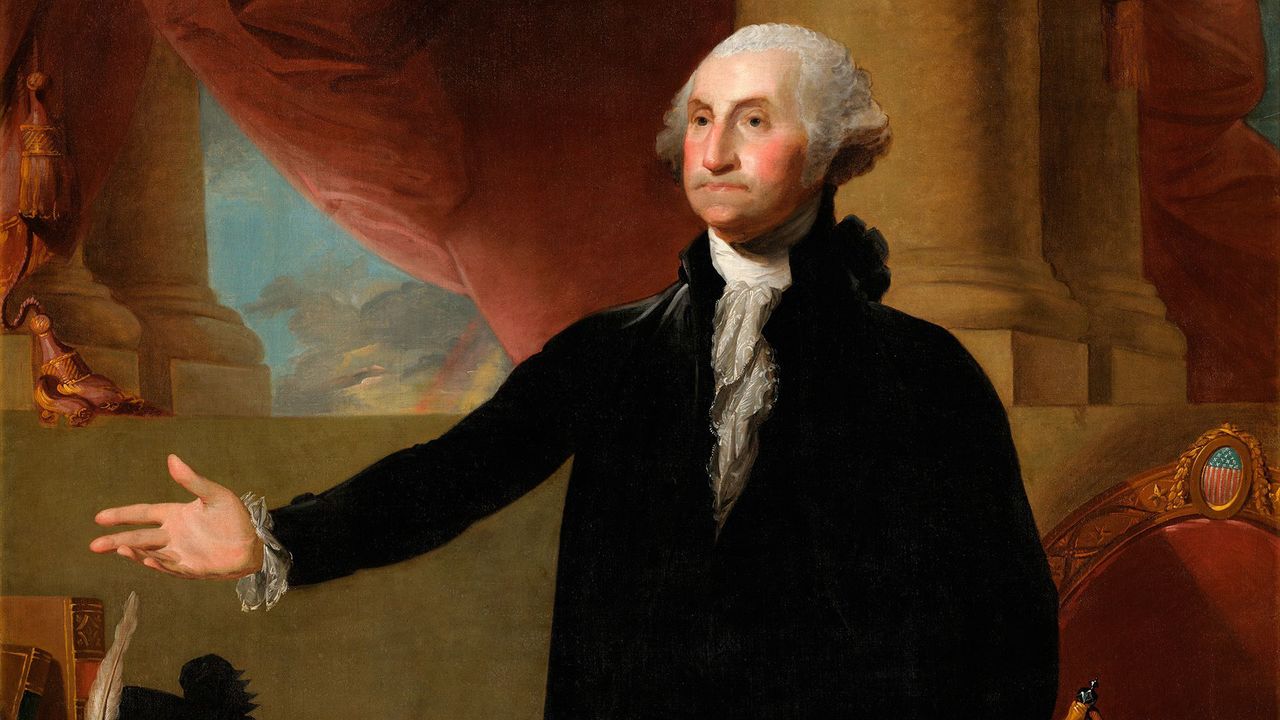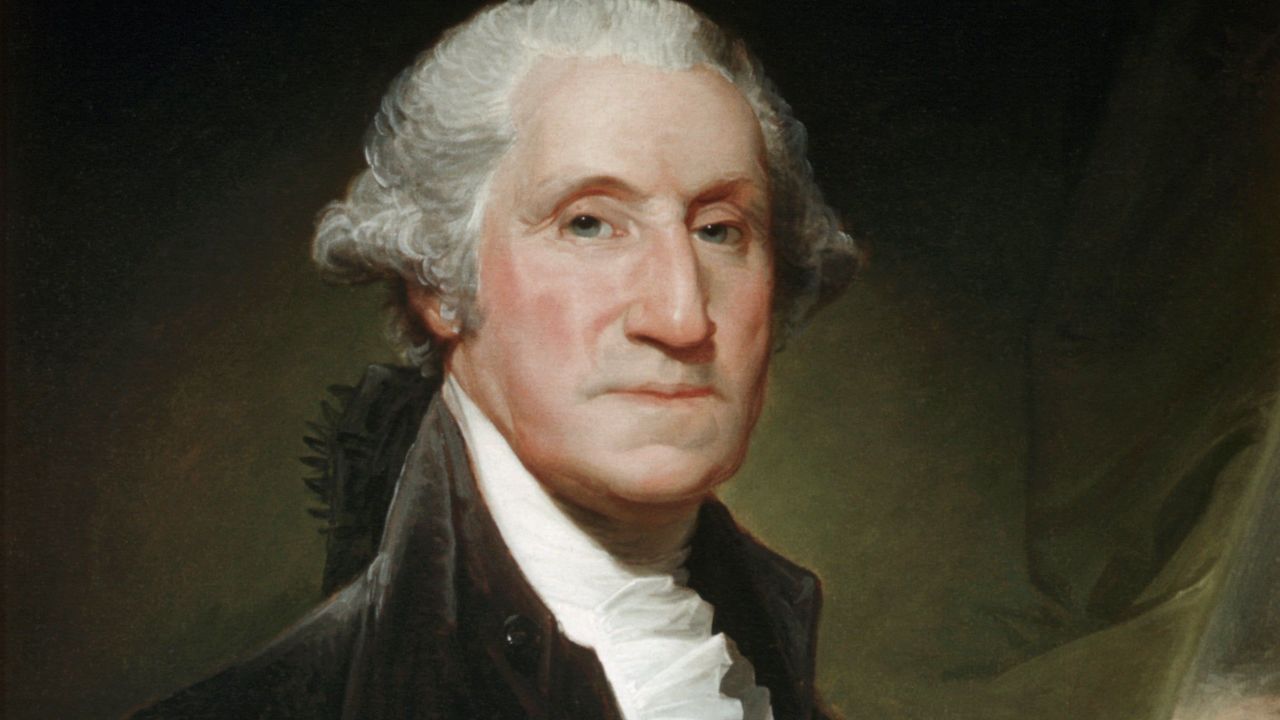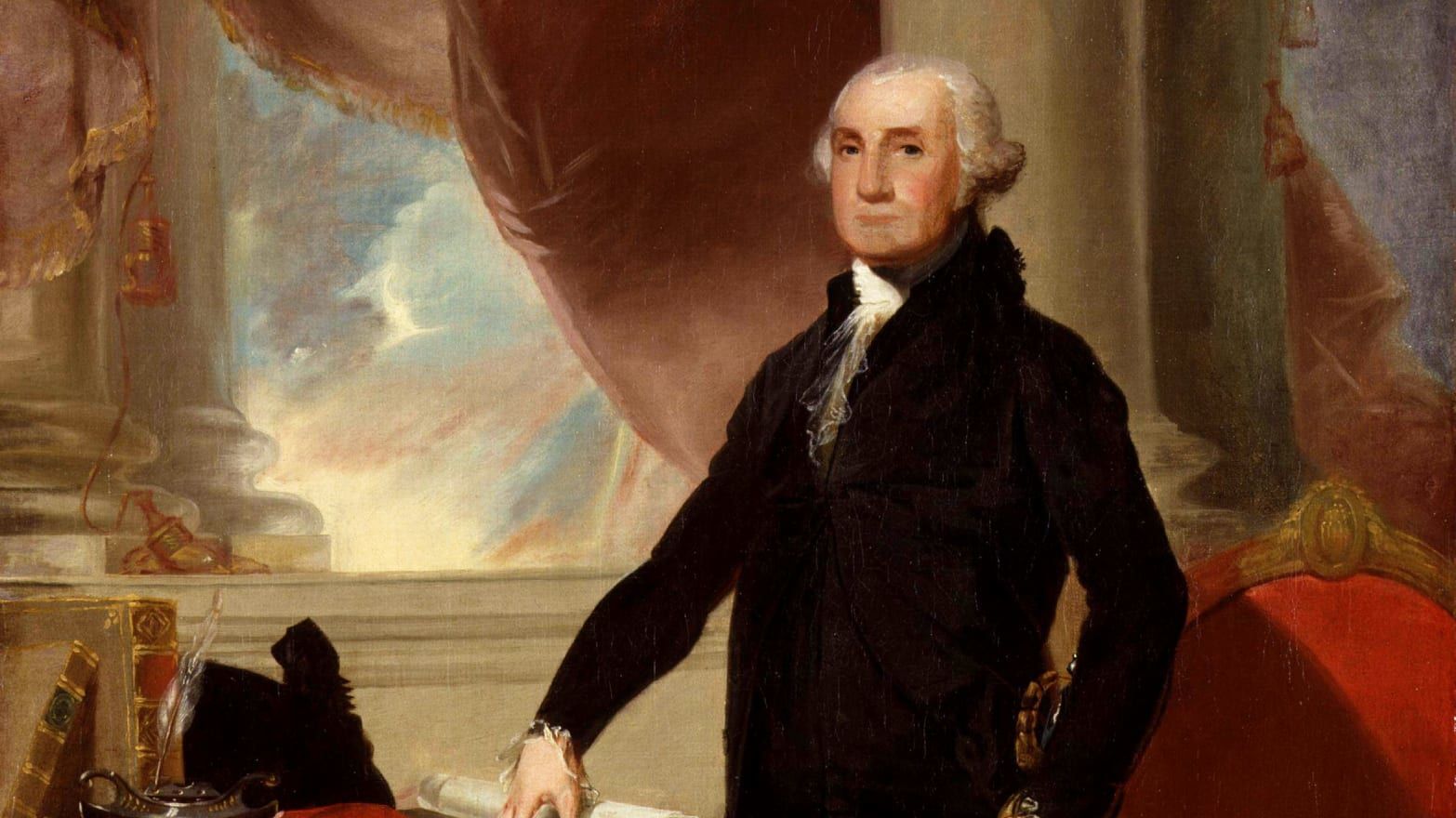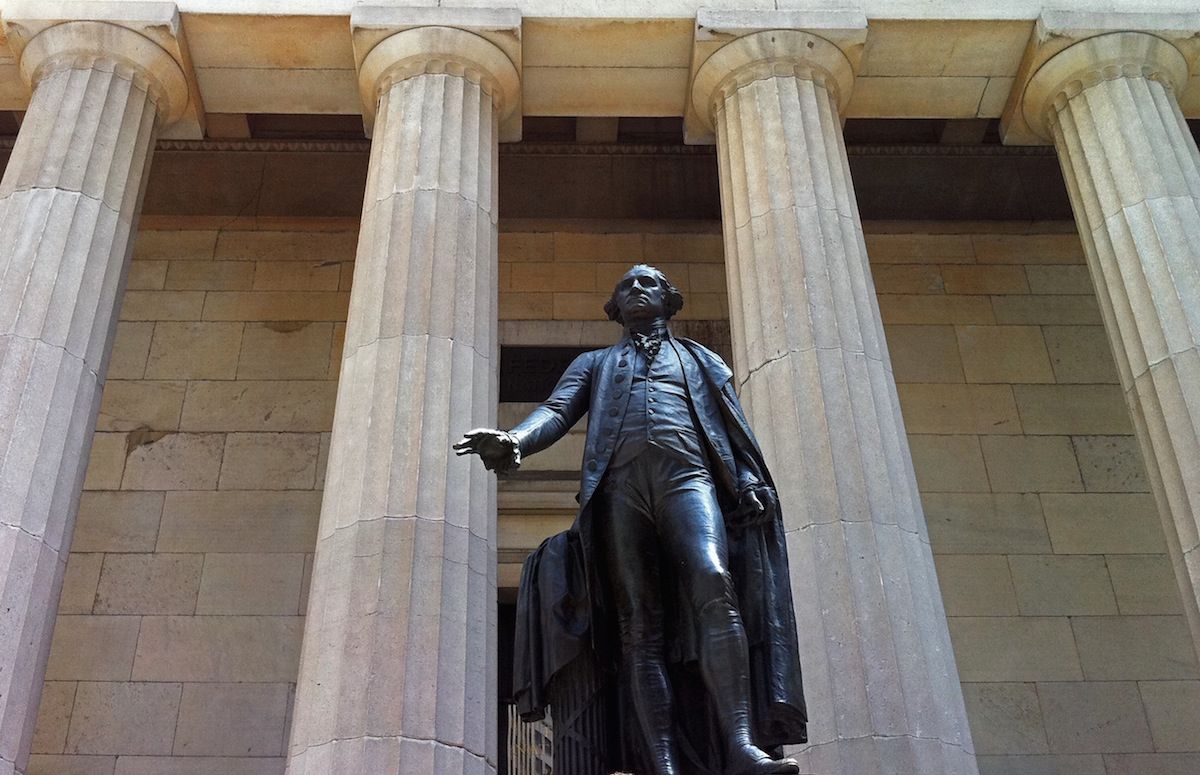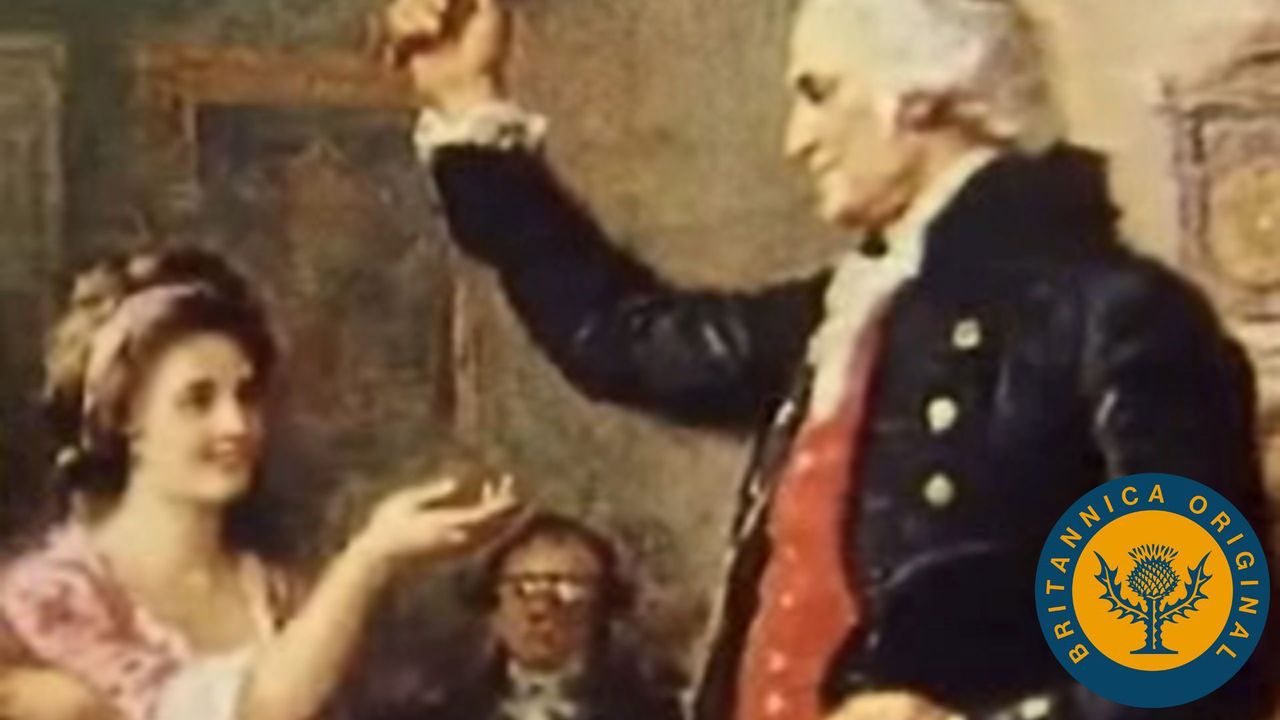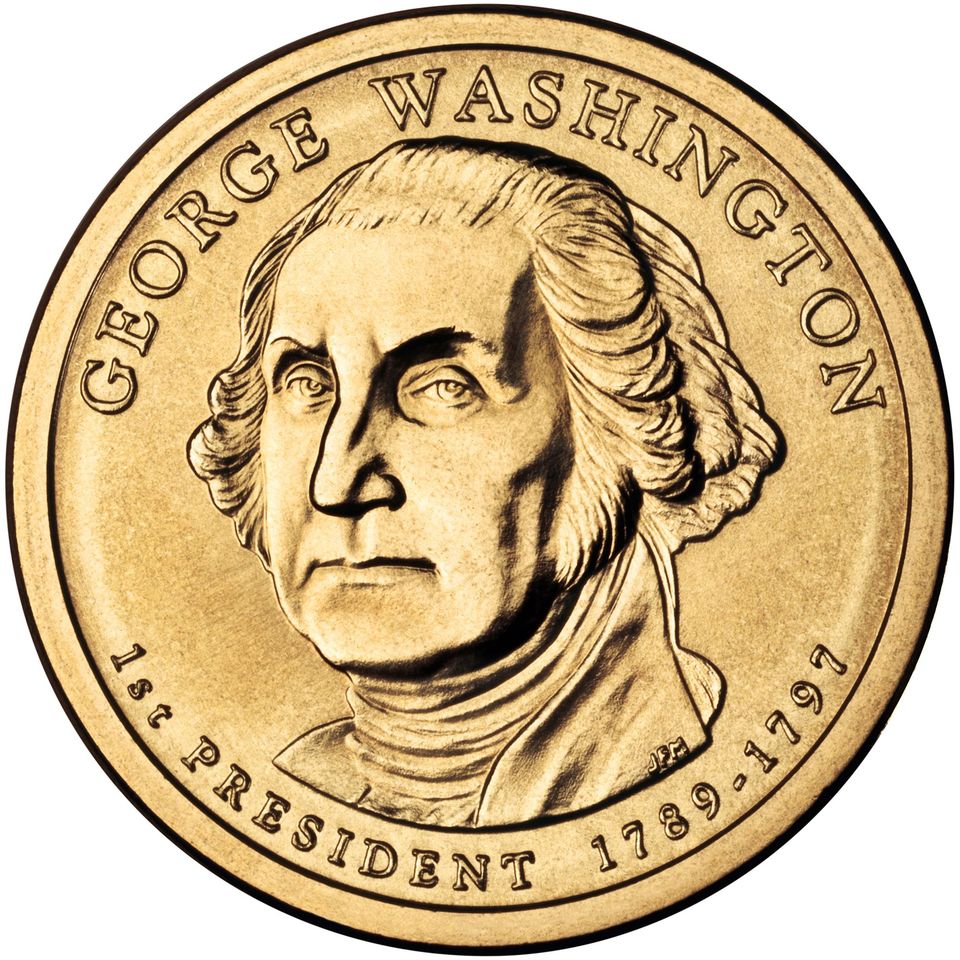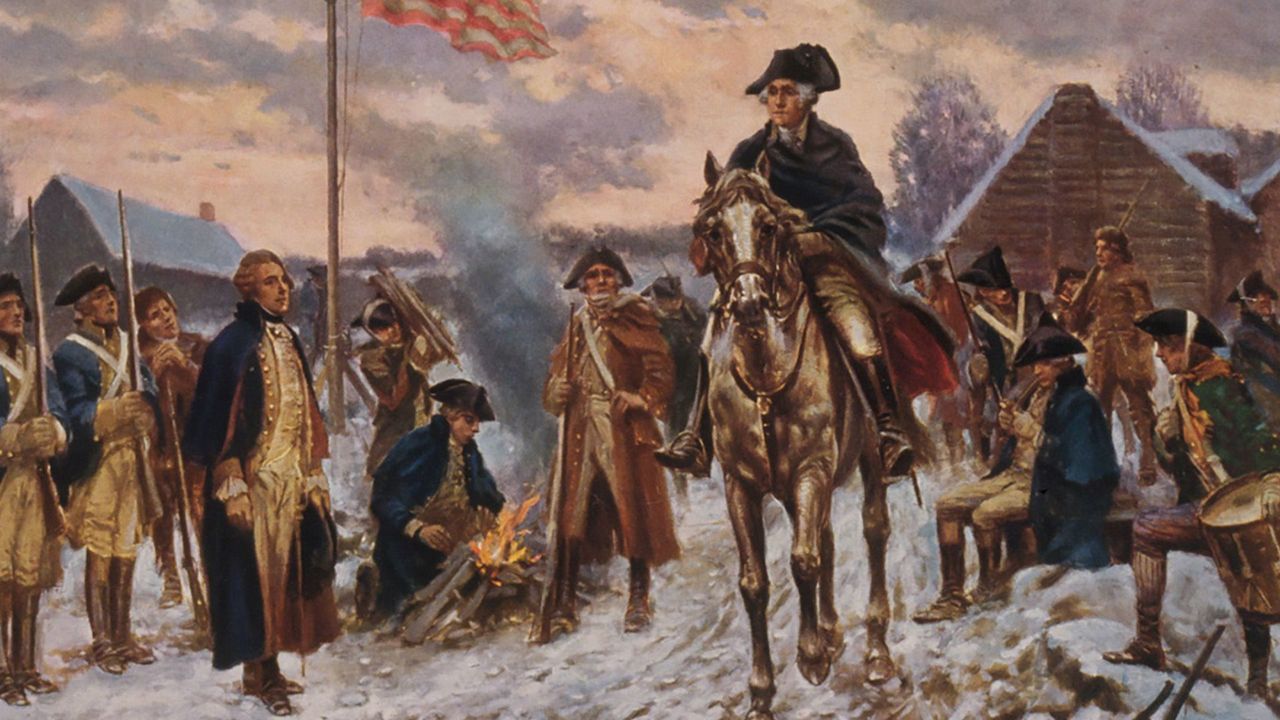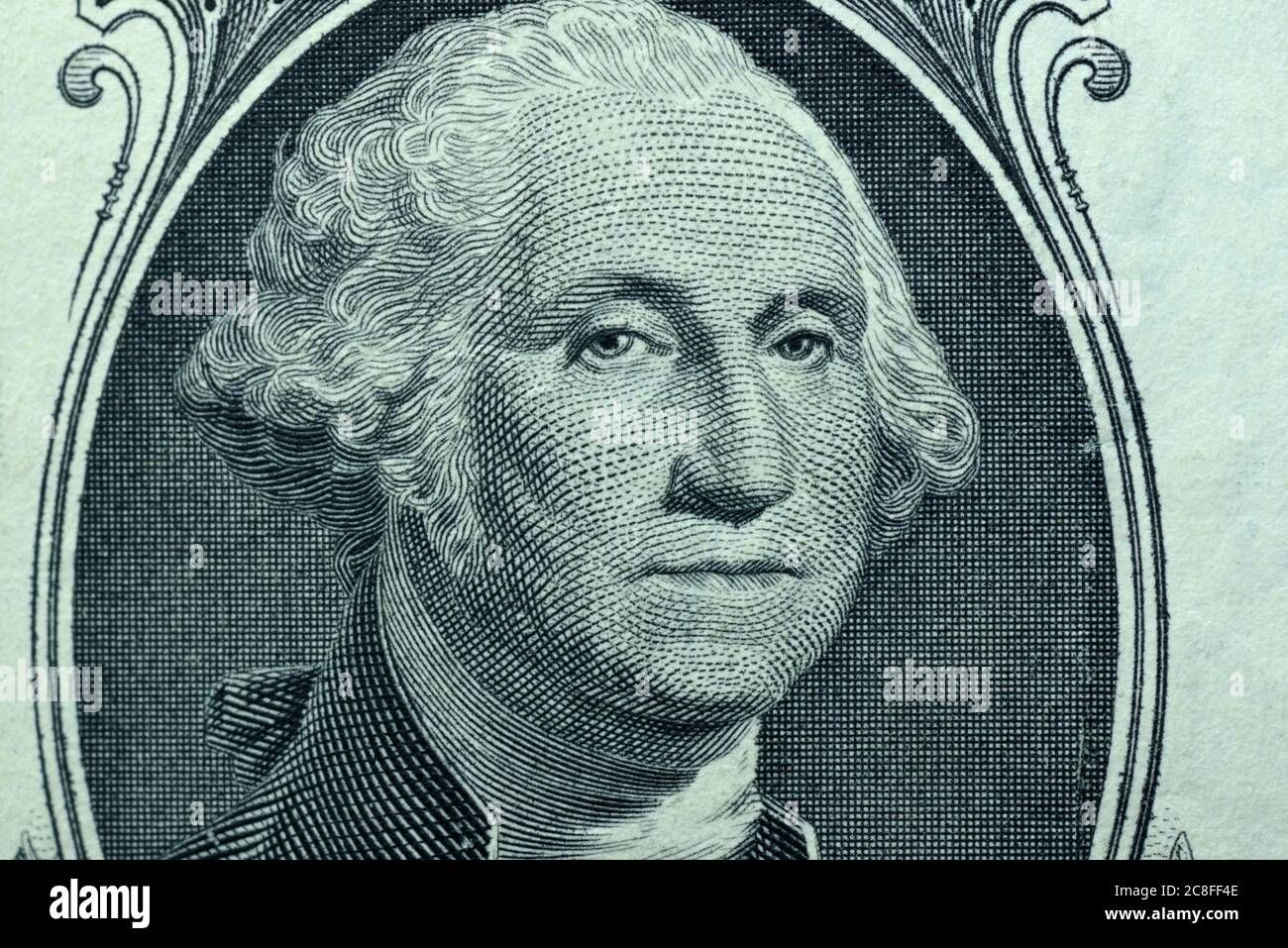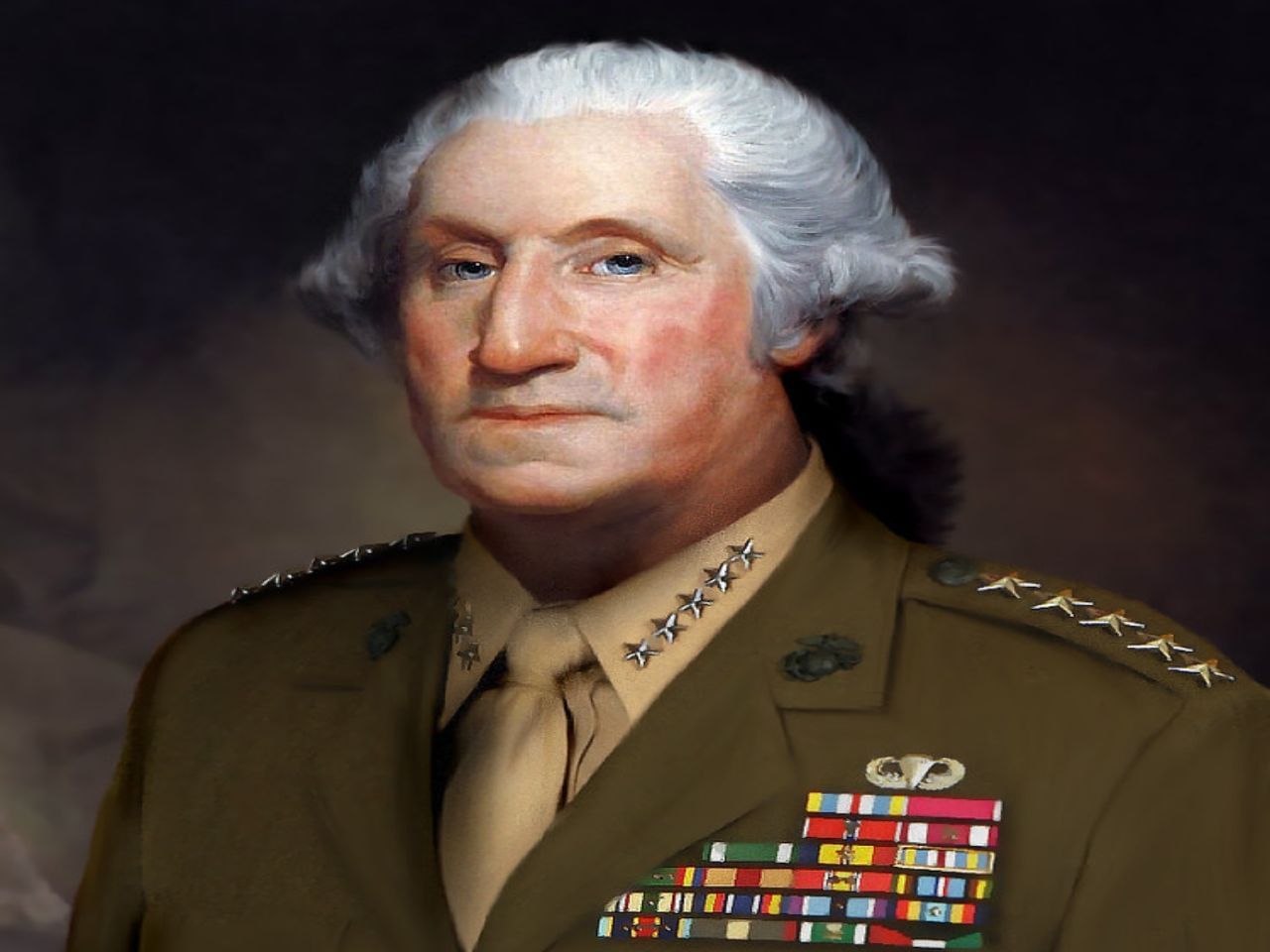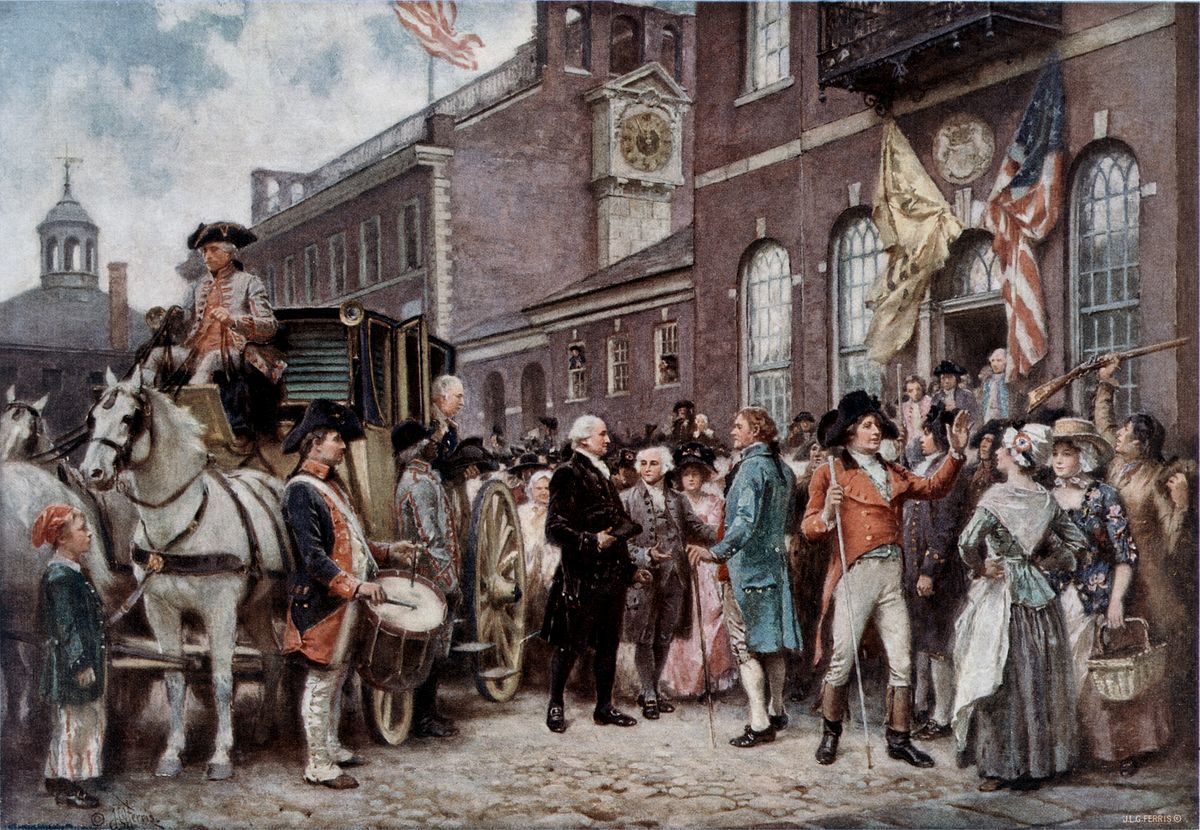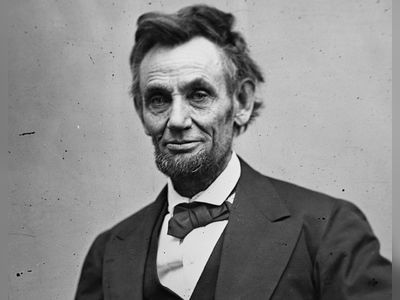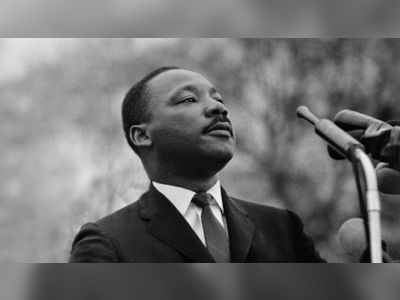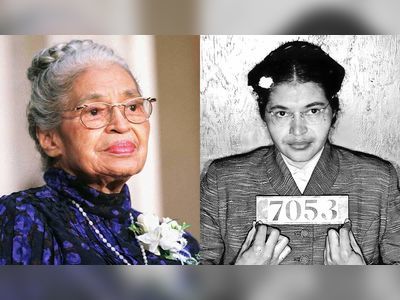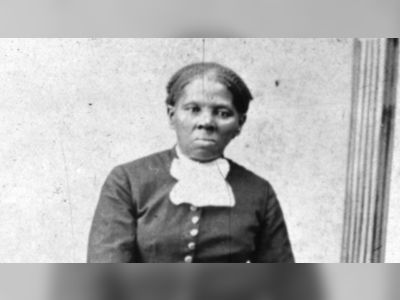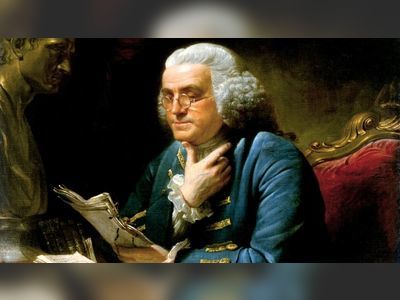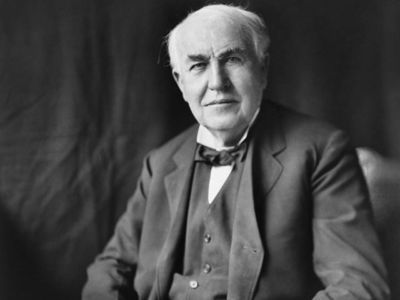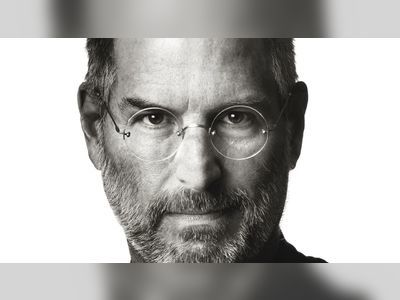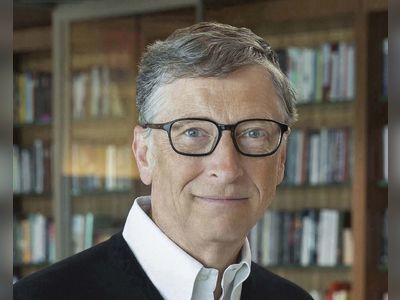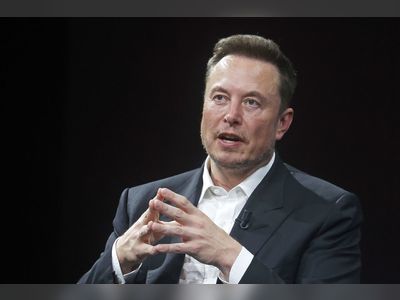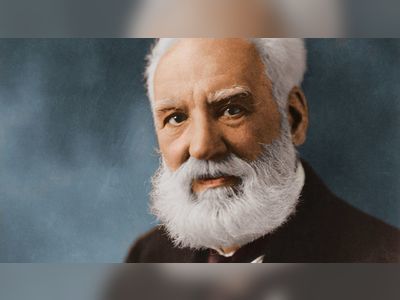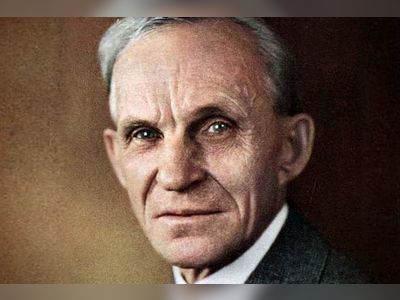American Talent
The Greatest That Made It Great
American ingenuity architects
A chronicle of brilliance
The First President, George Washington
The founding of the United States was shaped largely by George Washington. His military leadership won independence for the country, his administration provided a foundation for steady growth, and his personal character laid the groundwork for the values that continue to guide the country today. He shaped the United States with his hands and will forever be remembered for his contributions.
George Washington was a strong character, equal parts commander and diplomat, and his legacy as the first president of the United States marks an indelible moment in the history of the nation. He was an ordinary man given an incredible mission: to steer a young nation to independence and see it through its formative years.
The battlefield was where Washington first established himself as a major player, rather than the halls of political authority. As the head of the Continental Army, Washington stood out as a pillar of strength and hope during the Revolutionary War. His ability to outmaneuver the British was largely due to the balance of attack and retreat that defined his military strategy. Washington's leadership was on full display during the winter of 1777–1778 at Valley Forge. Washington rallied his forces in spite of the weather and lack of supplies, and they ultimately won a decisive victory that fueled the revolution.
His command, however, was not limited to military maneuvers. Washington's power came from his ability to rally the country behind him. He gave his men motivation by appealing to ideals of freedom and independence that went beyond the scope of their current fight. In many respects, he united the country before any president had done so.
When the United States held its first presidential election in 1789, Washington was the only candidate. His presidency was a first of its kind, a blank slate on which he had to draw his vision of what it means to be president. Washington's presidency was characterized by the same moderation and pragmatism that characterized his military tactics. He aimed for a compromise between federalists and anti-federalists by creating a powerful central government while preserving sufficient autonomy for the states.
There was a notable lack of partisanship during Washington's administration. Fearing that political divides would weaken the country as a whole, he fought vehemently against the emergence of political parties. His call for cooperation and agreement set a standard for moderation and compromise that would shape early American politics.
Washington's role in shaping foreign policy was just as essential. His policy of neutrality kept the nascent country out of the European wars, allowing it to focus on building up its strength and resources. During his presidency, two important treaties were signed: the Jay Treaty and the Pinckney Treaty. These treaties helped establish defined territory limits and encouraged peaceful trade.
In addition to being a goodbye speech, Washington's address was also a political testament. He pushed for a well-rounded administration, appealed for unity, and warned against the perils of factionalism and foreign alliances. The ideals he outlined in his speech would become the cornerstone of American foreign policy and political ideology for decades.
However, Washington's legacy is more than the sum of his military successes and political achievements. His most significant impact was the moral authority he brought to the presidency. The essence of the American presidency may be traced back to his dedication to democratic ideas, his rejection of monarchical trappings, and his insistence on a two-term limit. His leadership was motivated by duty rather than ambition.
The battlefield was where Washington first established himself as a major player, rather than the halls of political authority. As the head of the Continental Army, Washington stood out as a pillar of strength and hope during the Revolutionary War. His ability to outmaneuver the British was largely due to the balance of attack and retreat that defined his military strategy. Washington's leadership was on full display during the winter of 1777–1778 at Valley Forge. Washington rallied his forces in spite of the weather and lack of supplies, and they ultimately won a decisive victory that fueled the revolution.
His command, however, was not limited to military maneuvers. Washington's power came from his ability to rally the country behind him. He gave his men motivation by appealing to ideals of freedom and independence that went beyond the scope of their current fight. In many respects, he united the country before any president had done so.
When the United States held its first presidential election in 1789, Washington was the only candidate. His presidency was a first of its kind, a blank slate on which he had to draw his vision of what it means to be president. Washington's presidency was characterized by the same moderation and pragmatism that characterized his military tactics. He aimed for a compromise between federalists and anti-federalists by creating a powerful central government while preserving sufficient autonomy for the states.
There was a notable lack of partisanship during Washington's administration. Fearing that political divides would weaken the country as a whole, he fought vehemently against the emergence of political parties. His call for cooperation and agreement set a standard for moderation and compromise that would shape early American politics.
Washington's role in shaping foreign policy was just as essential. His policy of neutrality kept the nascent country out of the European wars, allowing it to focus on building up its strength and resources. During his presidency, two important treaties were signed: the Jay Treaty and the Pinckney Treaty. These treaties helped establish defined territory limits and encouraged peaceful trade.
In addition to being a goodbye speech, Washington's address was also a political testament. He pushed for a well-rounded administration, appealed for unity, and warned against the perils of factionalism and foreign alliances. The ideals he outlined in his speech would become the cornerstone of American foreign policy and political ideology for decades.
However, Washington's legacy is more than the sum of his military successes and political achievements. His most significant impact was the moral authority he brought to the presidency. The essence of the American presidency may be traced back to his dedication to democratic ideas, his rejection of monarchical trappings, and his insistence on a two-term limit. His leadership was motivated by duty rather than ambition.
